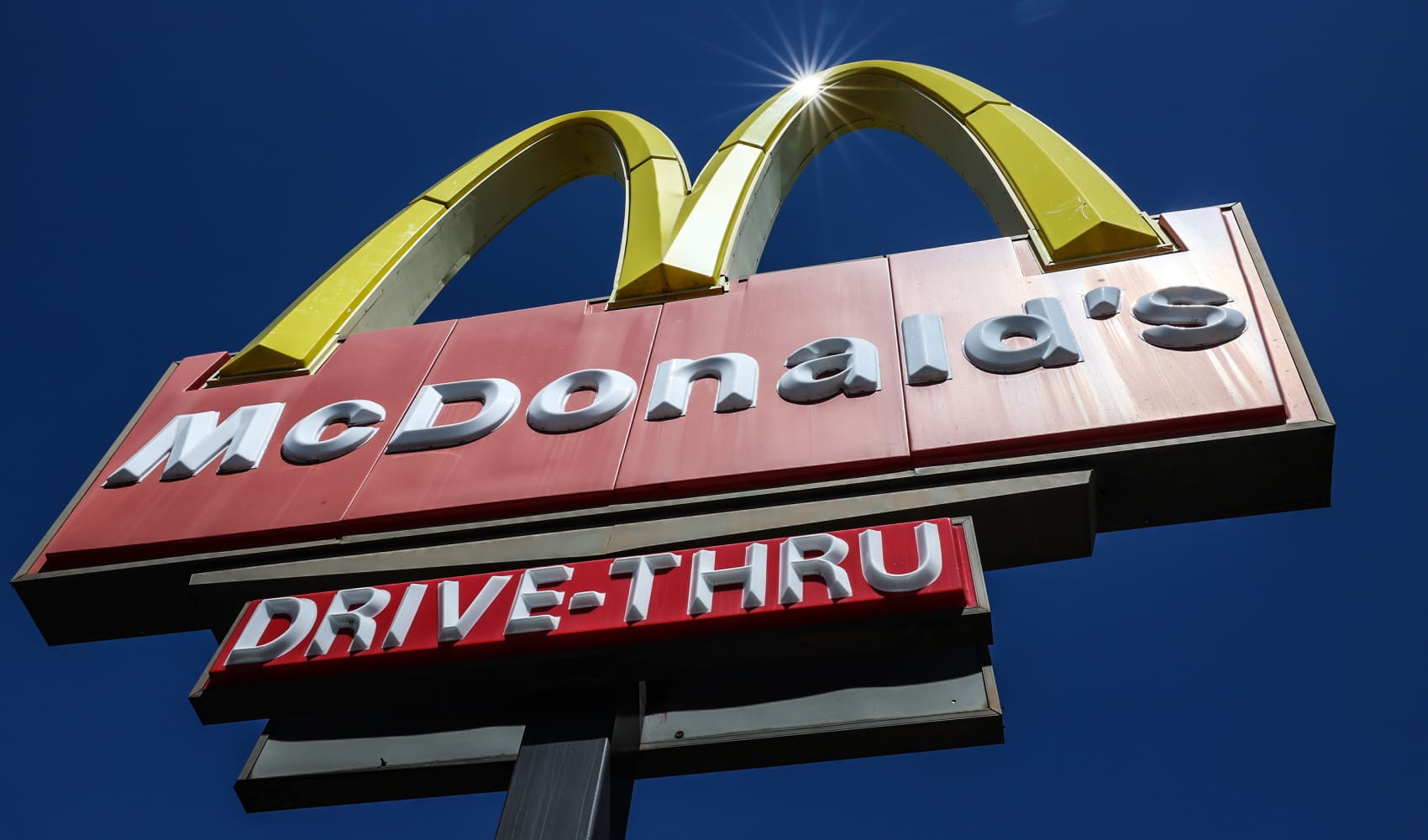A Connecticut attorney is fighting a reported settlement by pharmaceutical giant Pfizer Inc. over a meningitis drug study in Nigeria, saying it would send millions of dollars to Nigerian officials and lawyers while shortchanging alleged victims.
At issue are allegations that Pfizer conducted an illegal experiment involving 200 Nigerian children and the oral antibiotic Trovan during a 1996 meningitis outbreak in Africa. Lawsuits claim the two-week testing led to 11 deaths and left many others blind, paralyzed or brain-damaged, but Pfizer says the illness was the cause.
Richard Altschuler, a West Haven lawyer, is representing 58 alleged victims in a multibillion-dollar lawsuit against Pfizer in the U.S. He filed new legal documents this month asking a Connecticut judge to halt the portion of the settlement talks that deal with compensation for his clients. No hearing date has been set.
Altschuler said the reported $75 million settlement would give the 200 victims a total of $35 million, amounting to $175,000 per victim, while sending $10 million apiece to Nigeria's federal government, the Nigerian state of Kano and a group of government lawyers.
He accuses Pfizer in the new lawsuit of pressuring all the alleged victims, who are mostly illiterate and poor, to agree to the settlement and sign documents that would end all their legal claims, effectively scuttling the lawsuits in the U.S.
"They're messing with our clients and trying to coerce them," Altschuler said. "How can you give the Nigerian government $30 million ... and only give the true victims ($175,000) apiece? It's so disproportionate."
Altschuler said $175,000 may seem like a fortune in Nigeria, where the average income is less than $400 per year, according to the nonprofit Center for Global Development. But he said the victims deserve more, and he noted plaintiffs in other drug company lawsuits have won much larger settlements.
Business
The Pfizer settlement would end a series of lawsuits by the federal and Kano State governments in Nigeria, which originally sought about $7 billion.
A spokesman for Kano State told The Associated Press last week that his government had agreed to the settlement, but the deal is still pending.
New York-based Pfizer is the world's largest drug maker. Its research and development headquarters are in Connecticut in Groton and New London, which is why Altschuler is suing here.
Pfizer officials strongly dispute all the accusations being made by the alleged victims and Nigerian officials.
"The U.S. lawyers' complaints about interference with their cases are unfounded," the company said in a statement. "Instead, their own actions constitute interference with Pfizer's negotiations in Nigeria, where these lawyers are not involved.
"Pfizer continues to believe that the Trovan cases do not belong in a U.S. courtroom," the statement continued. "The company remains confident in its defenses, and believes it will ultimately prevail in these cases."
In the 1996 study, Pfizer sent three American doctors to work with four Nigerian physicians to test Trovan on children hospitalized in Kano State.
The lawsuits claim Pfizer failed to secure the informed consent of either the children or their guardians and failed to disclose or explain the experimental nature of the study or the serious risks involved.
But Pfizer says the study was conducted with the Nigerian government's approval and the consent of the children's parents or guardians. The company also says the study was consistent with both international and Nigerian laws.
Pfizer and Nigerian officials also disagree about whether the 11 deaths were caused by the tests or by the meningitis. The 1996 epidemic killed more than 15,000 Africans.
The company says all the clinical evidence points to the illness as the cause of any deaths or injuries, not the treatment given to patients.
In fact, Pfizer says, Trovan helped save lives with a survival rate of 94.4 percent, compared to a survival rate of slightly less than 90 percent for those who did not participate in the study.
In January, a federal appeals court in New York ruled that Nigerian families can sue Pfizer in U.S. courts on claims the drug maker violated international law banning involuntary medical experimentation on humans.



